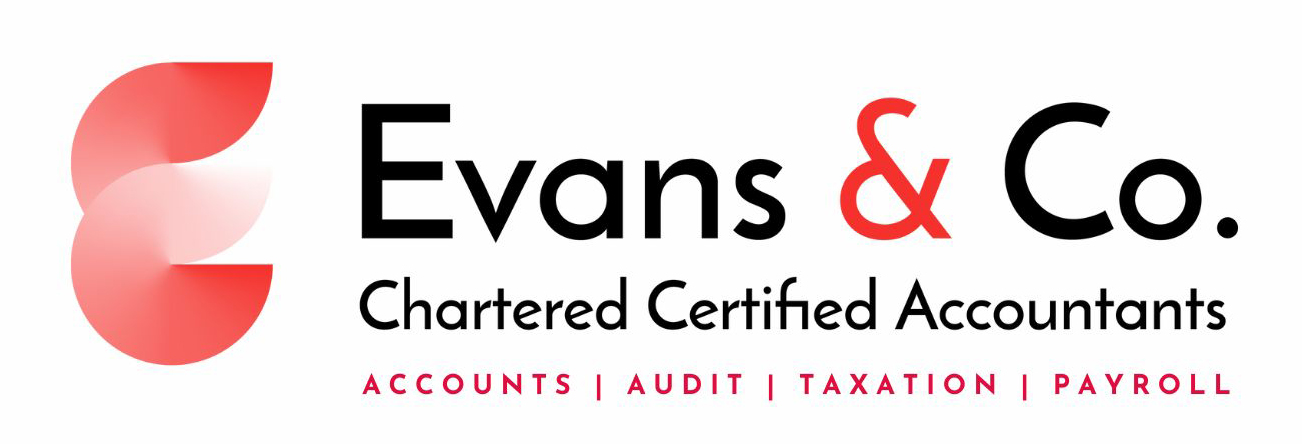
- Home
- Our Services
- Latest News
- Resources
- Meet the team
- Get in touch
- Get a Free Instant Quote
Close this window
:
Close this window
Close this window
The Enterprise Investment Scheme allows qualifying companies access to equity investment from new and, in some cases, existing shareholders. The shareholders obtain potentially attractive tax breaks. At Mark Evans & Co, we can provide help if you are interested in financing your business in the East Yorkshire area or you are interested in providing capital to businesses.
The purpose of the Enterprise Investment Scheme (EIS) is to help certain types of small higher-risk unquoted trading companies to raise capital. It does so by providing income tax and CGT reliefs for investors in qualifying shares in these companies.
There are really two separate schemes within the EIS:
An individual may be able to take advantage of either or both of these schemes as long as they meet the relevant conditions which are considered below.
Eligibility for income tax relief is restricted to companies with which you are not 'connected'. This is considered in 'How to qualify for income tax relief' below.
Companies must meet certain conditions for any of the reliefs to be available for the investor.
A trade will not qualify if excluded activities amount to a substantial part of the trade. The main excluded activities are:
The time limit for the employment of money invested is to two years from the issue of the shares or, if later, two years from the commencement of the qualifying activity.
Over the years, governments make amendments to what are regarded as qualifying companies for EIS. The thrust of the changes is to ensure well-targeted support for investment into small and growing companies, with a particular focus on innovative companies. For example the conditions for knowledge-intensive companies vary from some of those mentioned above.
Eligibility for income tax relief is restricted to companies with which you are not 'connected' at any time during a period beginning two years before the issue of the shares and ending three years after that date, or three years from the commencement of the trade if later.
You can be connected with a company in two broad ways:
In both cases the position of your ‘associates’ is also taken into account.
You will be connected with the company at any time when you control directly or indirectly possess, or are entitled to acquire, more than 30% of the ordinary share capital of the company.
You will be connected with the company if you have been an employee or a paid director of the company.
There is an exception to this rule if you become a paid director of the company after you were issued with the shares.
You must never previously have been connected with the company and must not become connected with it in any other way. Also, you must never have been involved in carrying on the whole or any part of the trade or business carried on by the company.
You can defer a chargeable gain which accrues to you on the disposal by you of any asset. In addition, you can defer revived gains arising to you in respect of earlier EIS, Venture Capital Trust (VCT) or CGT reinvestment relief investments.
There are some restrictions on investments against which gains can be deferred. These are designed, broadly, to prevent relief being obtained in circumstances where there is a disposal and acquisition of shares in the same company.
The EIS is subject to a number of rules which are designed to ensure that investors are not able to obtain the full benefit of EIS reliefs if they receive value from the company during a specified period. If relief has already been given, it may be withdrawn.
Examples of the circumstances in which you would be treated as receiving value from the company are where the company:
Receipts of 'insignificant' value will not cause the withdrawal of relief.
It is not possible to cover all the detailed rules of the schemes in a factsheet of this kind. If you are interested in financing your business in the East Yorkshire area or you are interested in providing capital to businesses please contact us at Mark Evans & Co.
We can also help to guide you through the implementation of an Enterprise Investment Scheme which is suitable for your circumstances.